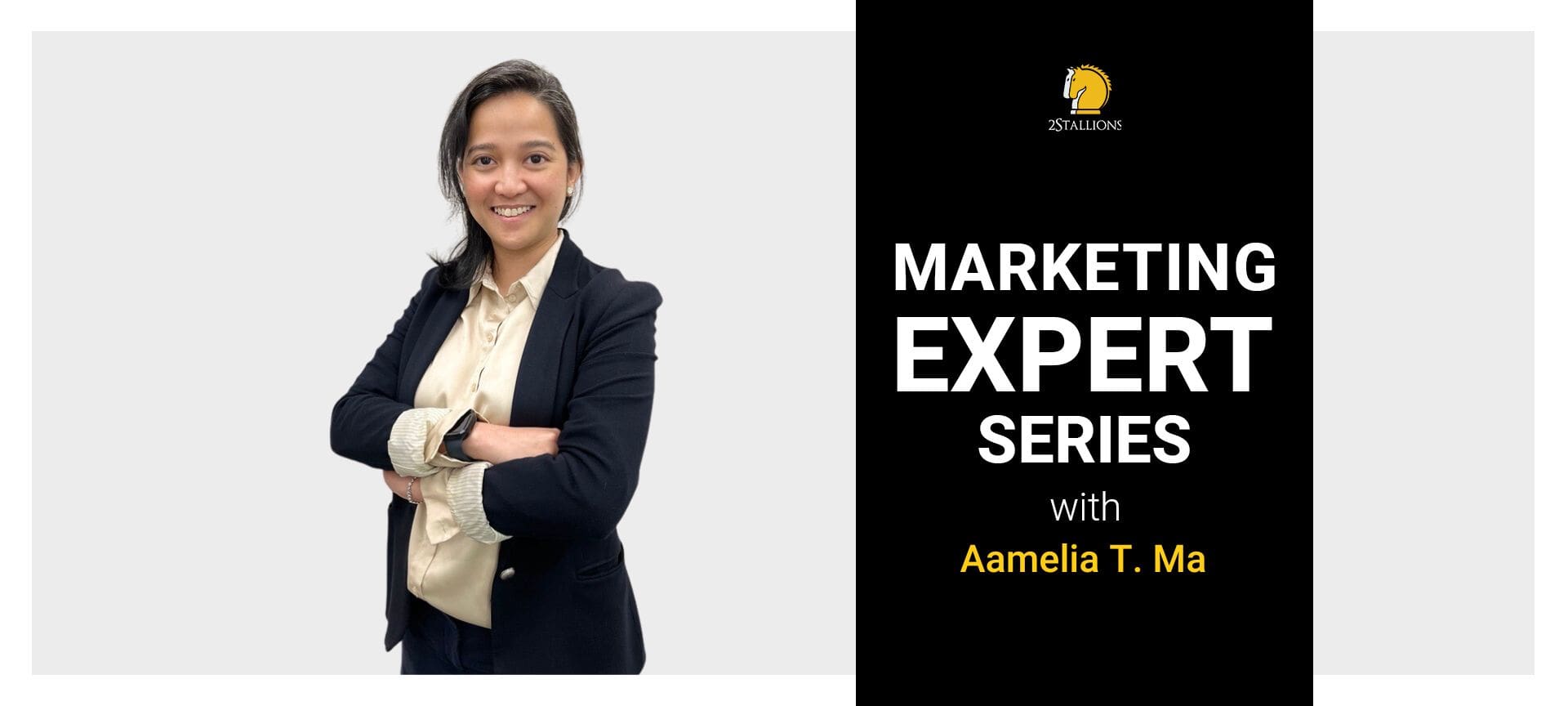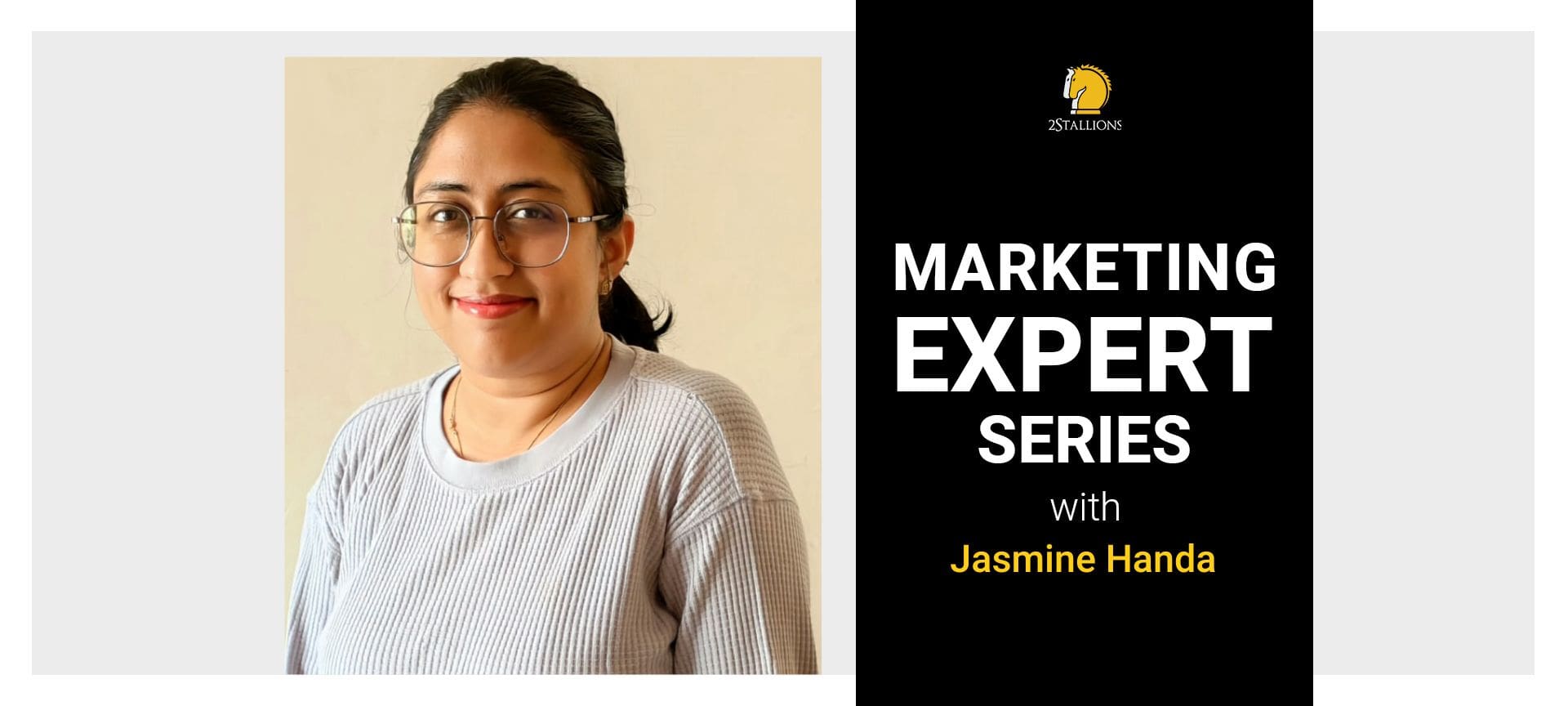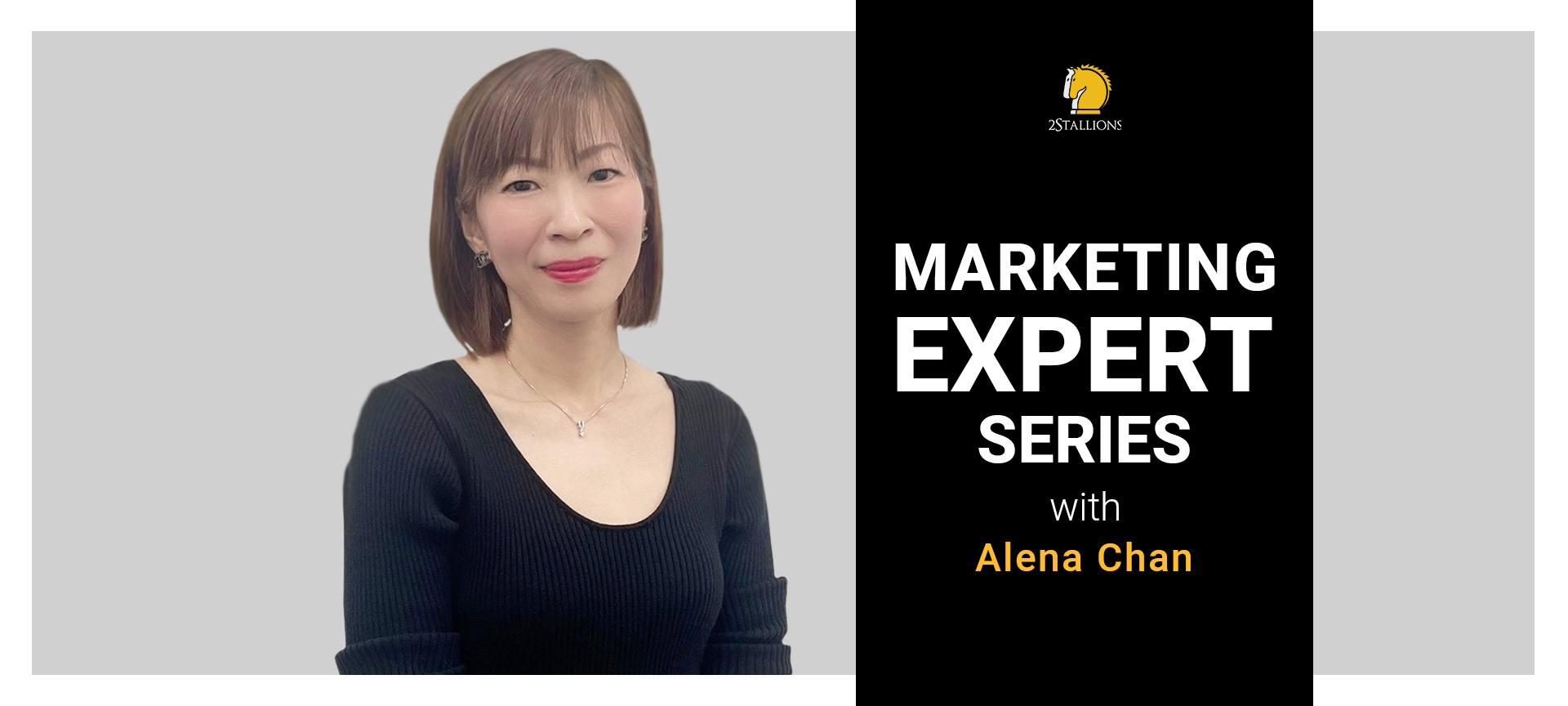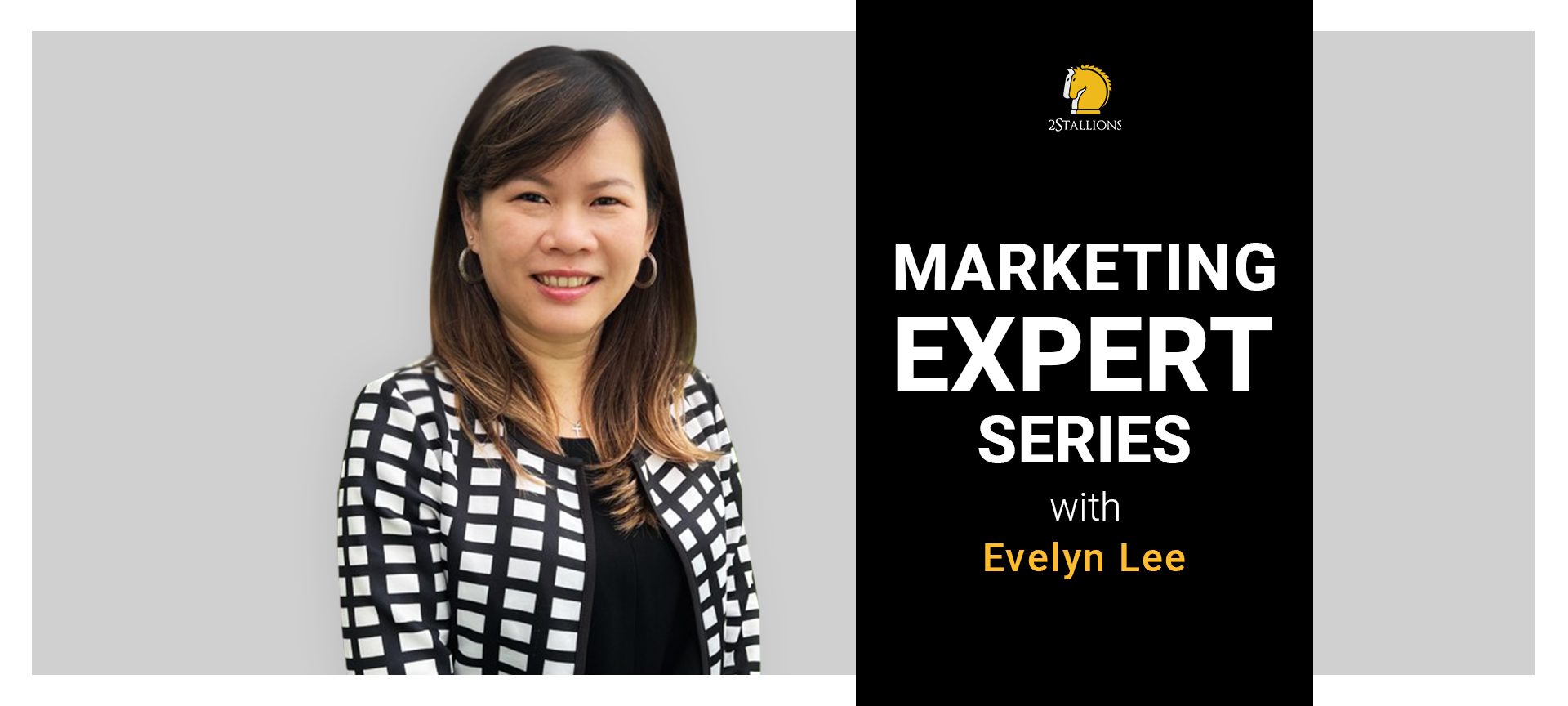SHARE
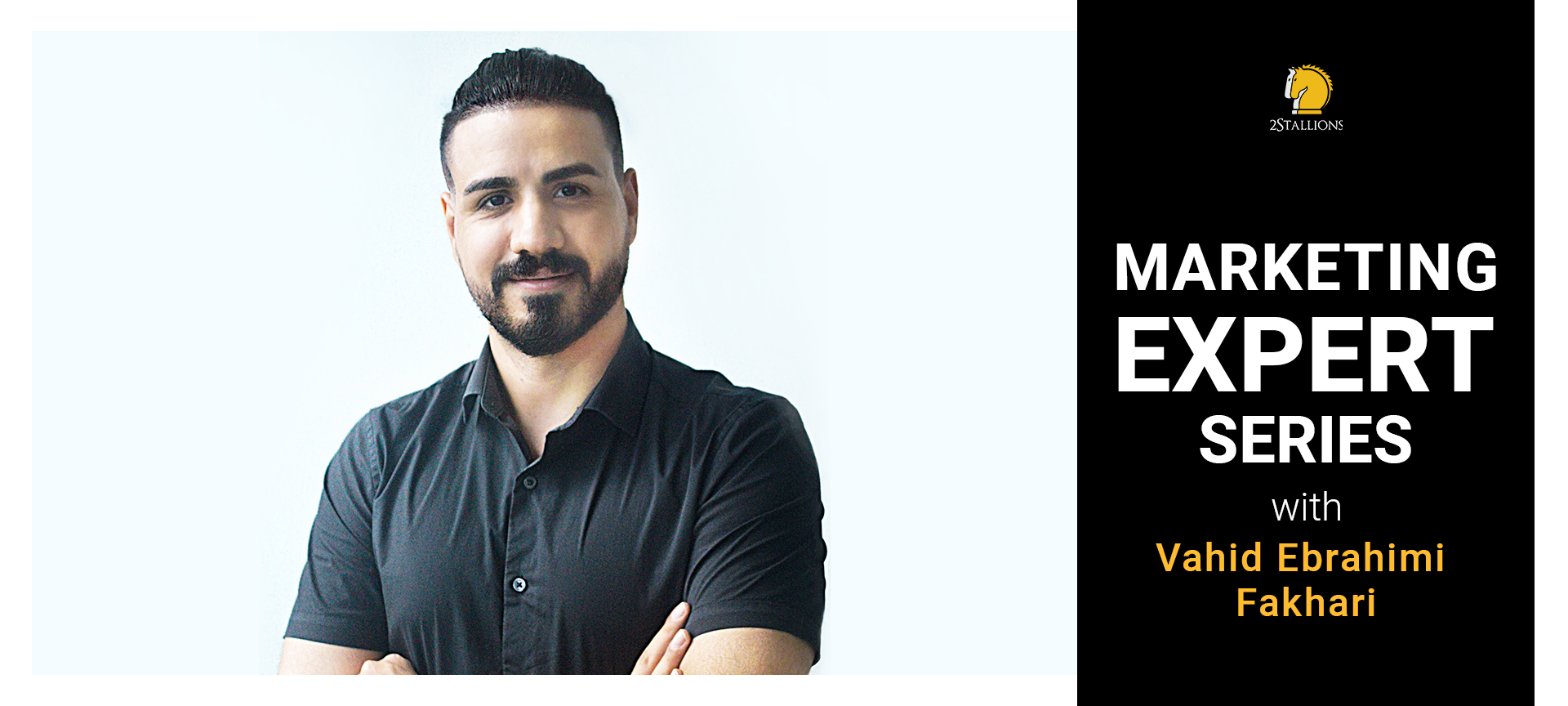
For external to the sector, financial technology may seem completely alien. The truth is, however, that the world of fintech (finance technology) is not so far removed from our daily associations – we use it all the time, whether we’re fully aware of it or not. More than that, however, is that fintech leads the way in data-driven marketing, allowing for great strides to be made in this aspect.
Joining us for this issue of the Marketing Expert Series, is the Head of Marketing for award-winning fintech company, Finology: Vahid Ebrahimi Fakhari. Passionate about data-driven digital marketing and the impact that it is making across all kinds of industries, Vahid takes us through his – and Finology’s – story.
Welcome to the Marketing Expert Series, Vahid! Thank you for joining us! You’ve done so many amazing things in your life, can you tell us a bit about yourself? How did you get to where you are now?
Thank you for inviting me, it’s my pleasure.
Originally from Iran, I’ve decided to pursue my studies in Malaysia for a Bachelor in Marketing and a Master in Business Administration (MBA).
After graduating, it was quite difficult to find a job that fit my education qualification. So instead of just waiting for the mountain to fall on my lap, I took a job at a start-up called Loanstreet, (a financial marketplace under Finology) as an intern to kick start my career. I took this opportunity to sharpen my hard and soft skills. After much blood, sweat and tears, metaphorically speaking, I managed to get myself converted into a full-time employee as the company’s Digital Marketing Executive.
Over the past few years, I have worked on multiple aspects of marketing and business development from campaign ideation to execution, developing marketing strategies, expanding revenue streams, and working closely with clients and partners on multiple projects.
Fast forward to today, I’m Head of Marketing for Finology and leading Loanstreet our marketplace platform.
What was it that drew you to this line of work? Was it something specific?
During my first year of working as a digital marketer, I found out that I enjoy creating data-driven strategies based on out-of-the-box thinking, and that’s what gives me fire. The fact that what I do requires both critical thinking and creativity made me pursue this line of work. It’s not just one thing or one set of skills to be good at: it’s a mixture of soft and hard skills and I realized I enjoy being a generalist and contributing to the holistic growth of the business.
Currently, you are the Head Of Marketing for Finology. Please tell us more about Finology and the work the company does.
Finology is a FinTech company that specializes in enabling seamless access to financial and insurance products. Our mission is to simplify the process within the conventional financial sectors through our API services and market distribution channels.
Our recent recognition includes being the Seedstars’ Global Winner of World Competition 2020/21 and Frost & Sullivan’s Asia Pacific InsurTech Entrepreneurial Company of the year (2020).
Data-driven marketing has been shifting the way in which many industries are approaching their marketing strategies. Is it the same for you and Finology? Why do you think that data-driven marketing is becoming such an important aspect of businesses?
Data is fundamental to marketing – always has, and always will be.
Traditionally, marketers use data like market studies that were available at the time and their assumption of the target market to meet marketing objectives, which often requires a lot of trial and error.
Today, where businesses are mostly in the digital space and with digital tools in place, the data that marketers get are in real-time. It means that marketers can now measure, analyse and improve their marketing strategies and optimise their campaigns in real-time by personalising the customer experience, targeting well-defined marketing segments, building long-term engagements that lead to customer retention while getting new customers.
Now, COVID-19 – the pandemic has had a clear impact on all sorts of industries; in what ways has it affected Finology and your strategies there?
We did feel the pinch. Fortunately, because of the diversity of the products and services we offer, we managed to tackle the situation. Of course, we had to re-strategise and shift the focus on the products and services that demand was spiking.
For example, due to movement control orders, motor insurance renewal centres were closed and people had to renew their insurance online. This created a spike in demand. Finology provides online insurance renewal through API services by enabling distribution channels to provide this service digitally. This service is available on our very own marketplace platform, Loanstreet, as one of the very first movers in this sector.
Another instance would be that during this pandemic, we can see a spike in online content consumption. Since we also produce personal financial content via our marketplace, Loanstreet, we took this opportunity to refocus on increasing traffic to our blog.
Are you anticipating any long-lasting trends based on what the fintech industry has experienced during the pandemic?
The pandemic has accelerated the shift to online banking, advancing the existing trend by several years. Many people who switch to using online services during the quarantine will continue to do so even after things are fully back to normal. Customer behaviours have changed and financial institutions must follow it and work with fintech companies to digitise their services.
What about you, personally, when this pandemic is over, what’s next for you?
I can’t wait to start travelling, meeting my friends and colleagues more often. As much as working remotely is a new normal, I believe meeting face to face helps ideas to thrive and build stronger relationships.
Any advice you’d give to young and aspiring marketers specialists?
Don’t limit yourself to your job description. Learn from different aspects of your work and business. It’s always good to be very good at a certain set of skills, but also it’s important to know why you are doing what you are doing.
As a marketer, you are the frontline of the company and it’s important to know other parts of the business. So you have to have good critical thinking skills to understand your business, products and audience, learn about your competitors, get insights from other teams, do A/B tests and make sure to prioritise your marketing efforts based on your ROI.
Thank you for sharing your story with us, Vahid. How can people connect with you if they’d like to know more about you?
People can always connect with me on LinkedIn.
Elevate your online presence with our Fintech Marketing Services. We can help you achieve your goals and drive organic traffic to your website. Take the first step towards growth today and launch into success with us!


